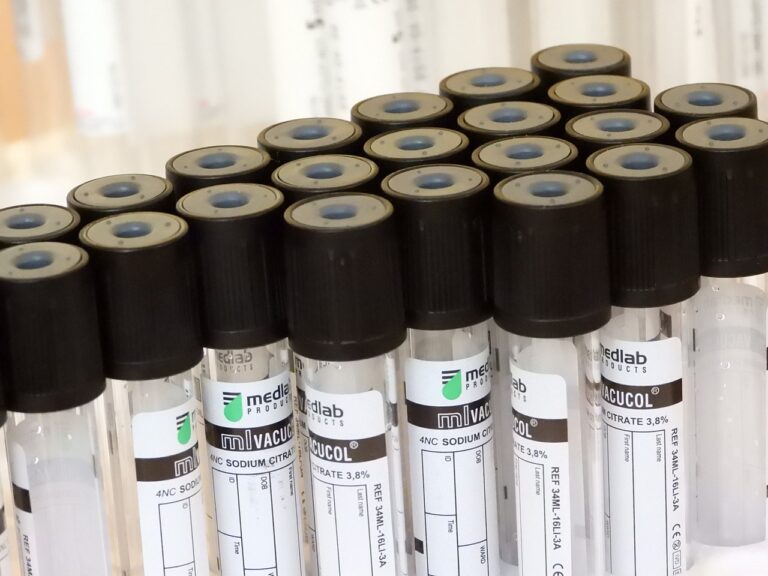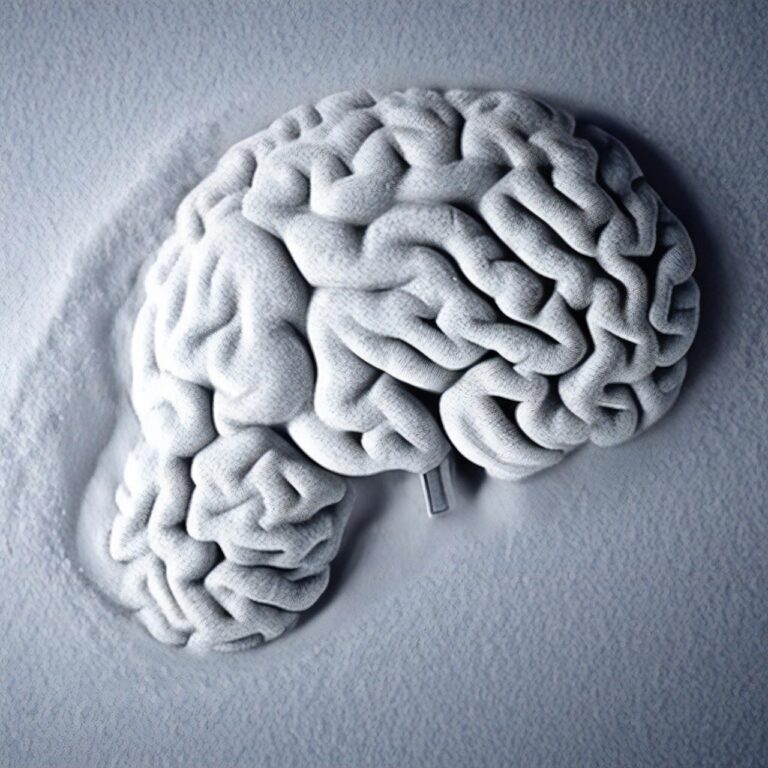The Science of Epigenetics and its Influence on Health
Epigenetics is a field of study focusing on alterations in gene expression that do not involve changes in the underlying DNA sequence. These modifications can result from various environmental factors, lifestyle choices, and developmental processes. By influencing the way genes are turned on or off, epigenetic changes play a critical role in determining an organism’s characteristics and behavior.
One of the key mechanisms of epigenetic regulation is DNA methylation, where methyl groups are added to specific regions of the DNA molecule. This process can affect gene expression by either blocking or enhancing the binding of proteins that control transcription. DNA methylation patterns are largely established during embryonic development and play a crucial role in cell differentiation and tissue-specific gene expression.
Understanding the Role of DNA Methylation
DNA methylation is a crucial epigenetic mechanism that plays a vital role in regulating gene expression and maintaining genomic stability. This process involves the addition of a methyl group to the cytosine base of DNA, typically occurring at CpG dinucleotides. DNA methylation patterns are essential for various cellular processes, including embryonic development, tissue-specific gene expression, and X-chromosome inactivation.
Aberrant DNA methylation patterns have been associated with various diseases, including cancer and neurological disorders. Hypermethylation of tumor suppressor genes can lead to their silencing, promoting tumorigenesis, while hypomethylation of oncogenes can result in their overexpression, contributing to cancer development. Understanding the intricate role of DNA methylation in health and disease is crucial for developing targeted therapies and precision medicine approaches.
DNA methylation is an epigenetic mechanism that regulates gene expression
Addition of a methyl group to cytosine base occurs at CpG dinucleotides
Crucial for embryonic development, tissue-specific gene expression, and X-chromosome inactivation
Aberrant DNA methylation patterns linked to cancer and neurological disorders
Hypermethylation of tumor suppressor genes can lead to silencing and tumorigenesis
Hypomethylation of oncogenes can result in overexpression and cancer development
Understanding DNA methylation role important for developing targeted therapies
Exploring Histone Modifications
Histone modifications play a crucial role in the regulation of gene expression and are essential for various cellular processes. These chemical modifications alter the structure of histone proteins, influencing how tightly DNA is packed within the nucleus. By modifying histones, cells can efficiently activate or repress specific genes, ultimately determining cell fate and function. This intricate system of histone modifications allows for dynamic changes in gene expression in response to various internal and external cues.
There are various types of histone modifications, including acetylation, methylation, phosphorylation, ubiquitination, and many others. Each specific modification serves a distinct purpose in the regulation of gene activity. For example, histone acetylation typically leads to gene activation by relaxing the chromatin structure, making it easier for transcription factors to access the DNA and initiate transcription. In contrast, histone methylation can have diverse effects depending on the specific amino acid residues modified and the degree of methylation. These modifications form a complex regulatory network that fine-tunes gene expression patterns in response to the ever-changing cellular environment.
What is epigenetics?
Epigenetics is the study of changes in gene expression that are not caused by alterations in the DNA sequence itself.
How does DNA methylation impact gene expression?
DNA methylation involves the addition of a methyl group to DN
What are histone modifications?
Histone modifications are chemical alterations to the proteins around which DNA is wrapped, known as histones. These modifications can affect gene expression by changing how tightly the DNA is wound around the histones.
How do histone modifications influence gene expression?
Histone modifications can either promote or inhibit gene expression by altering the accessibility of the DNA to transcription factors and other regulatory proteins.
Why are histone modifications important in epigenetics?
Histone modifications play a crucial role in regulating gene expression and are essential for normal development, cellular differentiation, and maintaining cellular identity.







